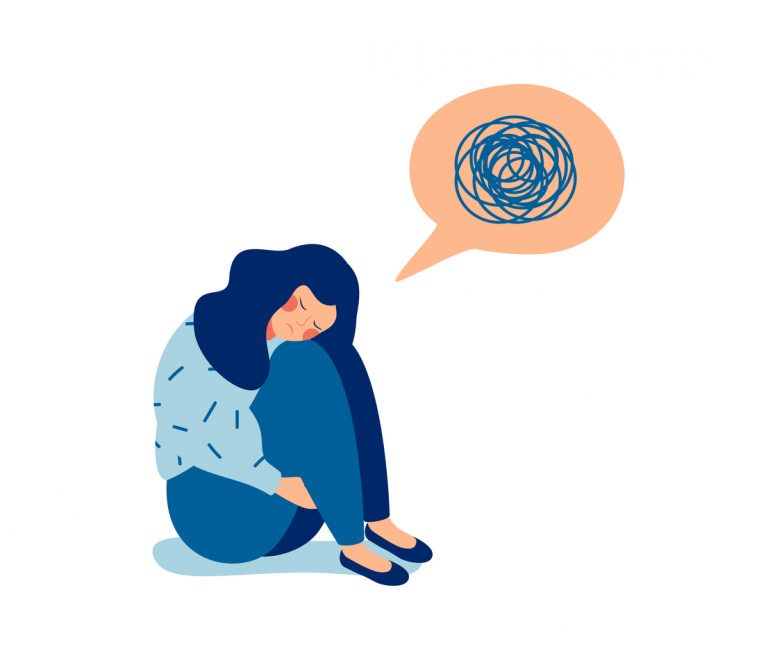
Mental health problems are likely to increase exponentially both at the individual and community levels as the impact of the coronavirus disease (Covid-19) deepens over the next few months. The first impact will be on those who had mental health challenges before the pandemic. Their problems will almost certainly be exacerbated. There is already an increasing number of attempts at self-harm. There is also an increase in burn-out cases among caregivers of those with mental health issues. The second direct impact is likely to be among the general population. The psychological feelings of fear, loss, and helplessness may lead to increasing levels of anxiety and depression. Other psychiatric problems such as adjustment disorders, post-traumatic stress disorders and mood disorders are likely to rise. Alcoholism, substance abuse and other forms of risky behaviour could increase. The indirect impact on mental health is likely to be even more alarming. The psycho-social realities related to Covid-19 may include risks of discrimination and violence related to gender, children and caste. Disability-related adversity will further exacerbate morbidity and mortality related to mental health problems. These will be magnified by unemployment, malnourishment and poverty.
The process of grieving has begun. A significant proportion of the population seems to be numbed by the experience. Many are getting on with their lives as though nothing has happened. These people are vulnerable. Many are covering up their feelings of helplessness with bravado. They feel the need to couch their predicament in terms that are controllable and changeable. The sociological impact of the pandemic is also unfolding. Stories of benevolence coexist with those of lynchings, suicides and exploitation. Many people are beginning to externalise their anger by attacking health care providers.
The increase in mental health problems and psycho-social effects will impact the growth of the pandemic also. There will be decreased compliance with the containment and treatment processes. This could be explained by the phenomenon of negative self-appraisal, where people label themselves as weak and helpless with little control over their fate. In the longer term, disabilities related to mental health problems are likely to grow. Incidents of suicide and self-harm may also increase.
As “the opening up” begins, there may be a workforce that is not motivated to participate, a community unwilling to buy and a proportion of people waiting to exploit. The pandemic will leave in its wake communities that will need to be rebuilt.